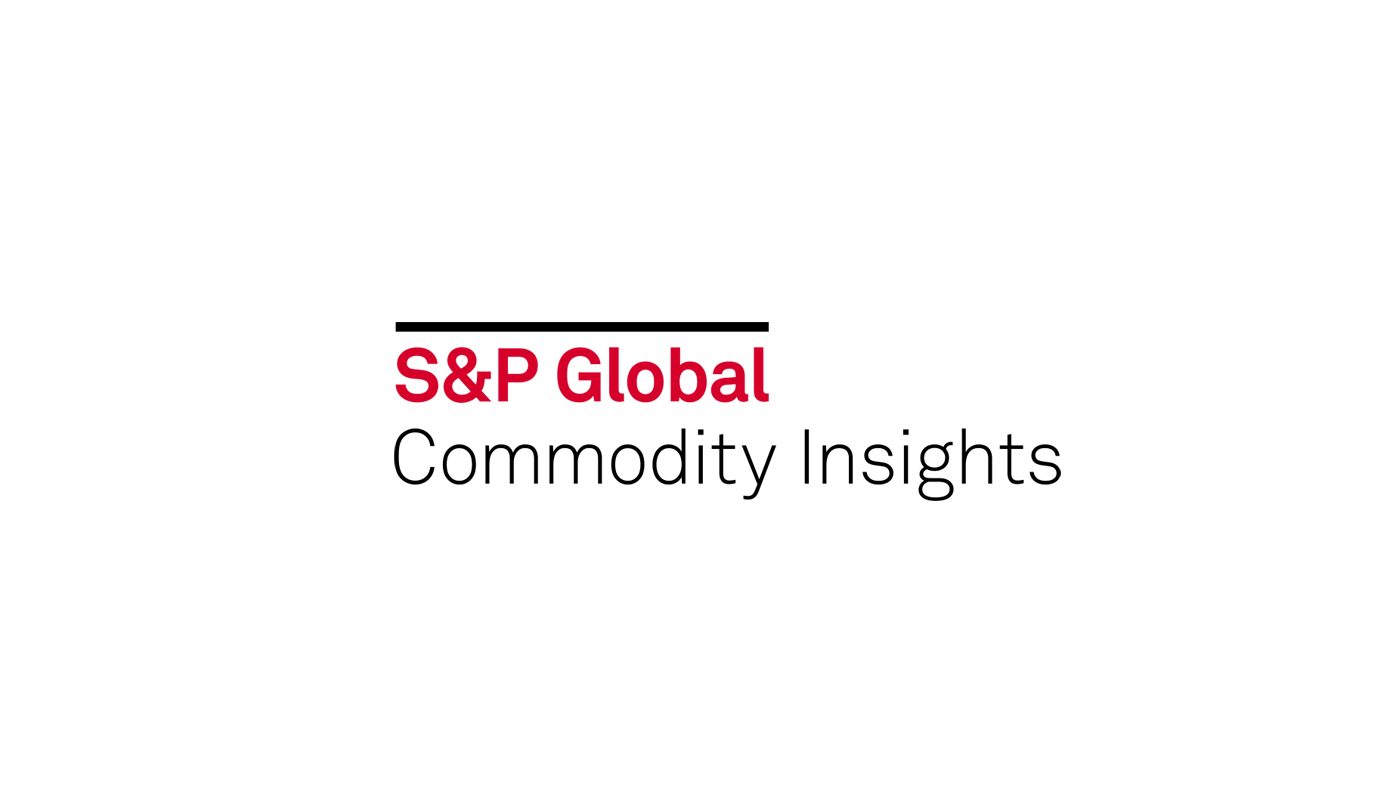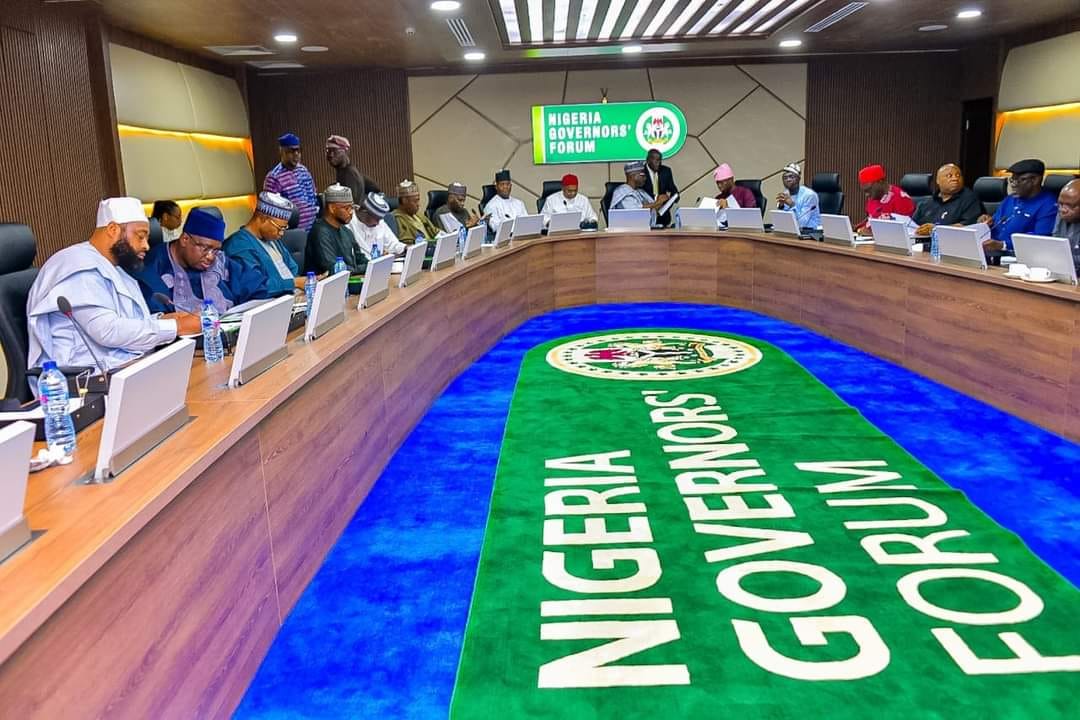As government officials boast about taming inflation, millions of Nigerians battle hunger, rent hikes, and despair in an economy where prices rise faster than hope, writes Festus Akanbi
Like a leaking roof that drips without end, soaking the joy out of home, Nigeria’s cost-of-living crisis has become a daily torment. From Lagos to Lokoja, Ilorin to Ibadan, the refrain is the same: Time is hard. Food, rent, transport, and even life now carry a price tag.
Official data tells one story, but the real heartbreak lies in the everyday struggle of families whose wages can no longer buy dignity. The National Bureau of Statistics (NBS) reported the inflation rate decreased to 18.02 per cent in September from 20.12 per cent in August 2025. Food inflation was put at 16.87 per cent, driving millions into hunger.
While the government touts “progress”, with inflation said to have fallen to 18.02 per cent by September 2025, such figures feel abstract in markets where rice sells for nearly N100,000 a bag and bread for N1,500 a loaf.
The Price of Survival
In Lagos’ Ilamoshe Estate, Benson Ehime, a 42-year-old father of three, stares at his rent notice like a death warrant. His annual rent has jumped from N900,000 to N1.5 million. “We are living from hand to mouth,” he said quietly, his eyes dulled by exhaustion.
Nearby, Theresa Ephraim has moved her daughter from a private school to a public one after her rent tripled. “Even Sunday rice is a luxury now,” she laments.
Housing costs mirror the broader dysfunction: unregulated rents, vanishing mortgage options, and landlords turning desperation into profit. The once-affordable Jakande Estates, built for low-income earners, now charge rates that would shame Victoria Island.
Food: When Rice Becomes a Luxury
At Daleko Market in Lagos, the story of Nigeria’s inflation unfolds in cruel arithmetic. A bag of foreign rice now sells for N98,000, while local rice trails close at N88,000. A crate of eggs costs N5,800; five litres of oil, N22,000; a loaf of bread, N1,500.
“These days, we buy rice in paint buckets, not bags,” says Rosemary Agunsoye, a mother of four who lives in Lambe, Ogun State. “Foreign rice is for rich people now.”
Her lamentations reflect a national tragedy. The 2024 Global Report on Food Crises ranks Nigeria second worldwide in terms of food insecurity, with 24 million citizens unable to afford three meals a day.
Even in Mile 12 market, Lagos, the country’s biggest food market, traders watch customers haggle over handfuls, not baskets. “People price tomatoes like they are buying gold dust,” says one seller, laughing bitterly.
The Fuel that Burnt the Poor
When President Bola Tinubu announced the removal of fuel subsidies in 2023, Nigerians were promised fiscal reform and renewed prosperity. What followed instead was a chain reaction of pain.
Petrol prices skyrocketed from N185 to over N1,000 per litre, setting off a tsunami of costs across all sectors. A Lagos commuter from Jakande Estate to Ikoyi now spends about N84,000 monthly on transport. “My salary is N120,000,” says Adekunle Olusola, a weary civil servant. “After transport, what’s left?”
Intercity fares doubled, too. “A trip from Lagos to Asaba that used to cost N20,000 now costs N40,000,” says Mary James, a trader. “We are working only to move from place to place.”
Transportation has become a punishment. It fuels every other price increase, from food to cement, leaving small businesses gasping for survival.
Inflation
Economists call it the silent tax, inflation that punishes productivity, mocks thrift, and rewards speculation. The World Bank estimates that 129 million Nigerians now live in poverty, up from 104 million in 2023. Real GDP growth averaged a meagre 4.23 per cent on a year-on-year basis in the second quarter of 2025, far below the 6.5 per cent recorded a decade ago.
For a worker earning N60,000 monthly, survival demands miracles, skipping meals, selling possessions, or juggling multiple side jobs. The purchasing power of the naira has eroded so badly that what N1,000 bought in 2015 now requires about N5,000.
The Central Bank of Nigeria (CBN), in a bid to curb inflation, has hiked the Monetary Policy Rate (MPR) to 27 per cent. Yet, instead of relief, the result has been tighter credit, business closures, and rising unemployment, now at 4.7 per cent, according to the NBS.
While headline inflation appears to be declining, market inflation, rent, and food prices continue to soar, eroding any sense of recovery.
The Economy in Desperation
Reforms such as exchange rate unification were designed to attract investment and stabilise the naira. But the naira’s free fall to N1,540 per dollar in early 2025 shattered confidence. Even after recovering to around N1,200, importers had already raised prices, citing forex uncertainty.
Insecurity worsens the picture. Banditry in the North West and Central regions has kept farmers off their land, while flooding in Kogi and Niger wiped out hectares of crops. Scarcity followed, and scarcity bred hunger.
Maize prices doubled, palm oil tripled, and poultry feed costs soared. The humble egg, once N1,200 per crate, now costs nearly N6,000, a cruel symbol of how inflation devours basic nutrition.
Human Cost of Hardship
Across the country, families are selling cars to pay rent, withdrawing children from schools, and skipping meals to stretch their budgets. Unfortunately, the government is still adding to people’s misery, observed Mrs. Idayat Ajagbe, a widow who complained that the failure of the federal government to pay the monthly stipends of her daughter, who studies in Morocco under the Bilateral Education Agreement, is pushing her towards her grave. She complained that scholars haven’t been paid a dime this year, while the balance of their 2024 stipends, which was cut by 56 per cent is yet to be paid. She claimed that she had to sell property left behind by her late husband to keep her daughter in school.
“We used to eat meat three times a week,” says Mrs. Babajide of Ikotun. “Now, maybe once every two weeks. My children ask why there’s no milk; I tell them the cow is on strike.”
Inflation is not just economic data; it is lived pain. Public servants fainting from hunger, traders running losses, and graduates delaying marriage; these are the faces behind the statistics.
The desperation has turned tragic. In December 2024, over 50 people died in stampedes during food palliative distributions in Abuja and Jos. Hunger is no longer silent; it kills.
The Mirage of Reform
Government officials speak confidently of “temporary pain for long-term gain.” They point to falling inflation rates as proof that reforms are working. But in the open markets of Oshodi, Aba, or Kano, nothing feels cheaper.
Analysts argue that without fiscal coordination, investment in agriculture, power, and logistics, monetary tightening is a blunt instrument. Raising interest rates cannot fix insecurity or poor infrastructure.
The federal government’s target of reducing inflation to 15 per cent by end-2025 looks ambitious. Without reviving production and stabilising the exchange rate, inflation may only wear a new name while citizens remain poorer.
Coping with Crisis
In the face of adversity, Nigerians continue to innovate. Informal cooperatives and savings clubs have become lifelines. Families save in food instead of cash; neighbours share transport costs; small-scale urban farming is sprouting in backyards.
On social media, frugality is trending; recipes for N500 meals, DIY soap-making, and thrift swaps dominate feeds. Churches and mosques provide food packs and scholarships, softening the edges of a harsh economy. But charity, as many note, is not policy.
An Unfinished War against Poverty
Nigeria’s inflation crisis is not just an economic challenge; it is a moral one. It exposes the widening gap between leadership optimism and citizen despair.
Experts warn that if unchecked, another 20 million Nigerians could slip into extreme poverty by 2026. The IMF reports that real wages have fallen by over 40 per cent since 2021. Poverty, once rural, is now urban, visible in hungry faces, empty stalls, and restless youths.
Government’s success cannot be measured by percentages but by prices of food, rent, fuel, and peace of mind.
Without decisive action, Nigeria risks social unrest. The recent protests over food and transport costs are early warnings of people pushed to their limits.
Reforms must be humane, with rent controls, transport subsidies, and targeted food programmes to cushion the poorest. Inflation control should go hand in hand with wage reform and job creation.
Otherwise, the Nigerian story will remain tragic, a nation rich in promise, poor in policy, and cruelly indifferent to its people’s pain.




